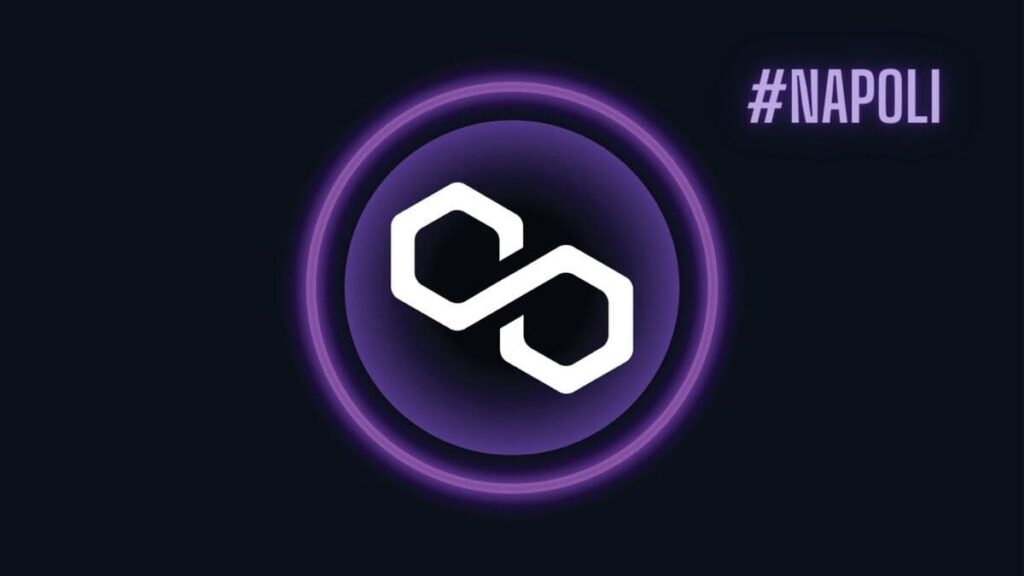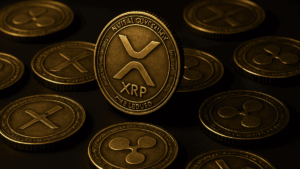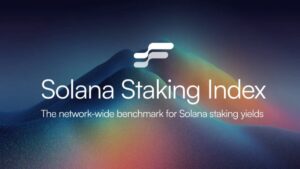TL;DR
- The Napoli update on Polygon introduces support for RIP-7212, a Rollup Improvement Proposal that enhances interoperability with conventional technology.
- Napoli also includes improvements in block space efficiency and network security.
- This collaboration underscores the importance of Layer 2 solutions for Ethereum’s mass adoption.
Polygon’s recent Napoli update marks a significant milestone in the evolution of Layer 2 solutions on the Ethereum network. This update, which includes support for the first Rollup Improvement Proposal (RIP-7212), aims to enhance the interoperability of rollups with conventional technology. In addition to this improvement, Napoli also brings three significant updates introduced in Ethereum’s recent hard fork known as Dencun.
One of these updates, EIP-1153, focuses on improving block space efficiency. This is crucial to optimize network performance and enable faster transaction processing. On the other hand, EIP-6780 limits the scope of the SELFDESTRUCT opcode, contributing to improving network security and stability by reducing potential attack vectors. Finally, EIP-5656 addresses the technical overhead associated with memory copying, which can lead to overall network performance optimization.
As part of today's Napoli Hard Fork, Polygon PoS became the first chain to activate a Rollup Improvement Proposal (RIP) with RIP-7212, bringing support for a new precompile for the secp256r1 curve!
— Polygon | Aggregated (@0xPolygon) March 20, 2024
However, the most notable feature of Polygon (MATIC) update is the inclusion of RIP-7212. This update, developed by RollCall, a collective recently formed by Layer 2 teams, introduces precompilation support for the secp256r1 curve. This curve is commonly used for digital signatures on the Internet, meaning that the update facilitates interoperability with a wide range of devices and conventional technologies. This capability has the potential to open up new possibilities, such as securely storing keys in the iPhone’s secure enclave, further enhancing transaction security.
Polygon Takes a Fundamental Step Towards Layer 2 Solutions
The introduction of RIP-7212 also marks a significant step towards more collaborative development in the Layer 2 ecosystem. RollCall has not only facilitated the implementation of this update but has also set a precedent for discussions and future collaborations among Layer 2 teams. This collaboration is essential to maintain innovation and the continuous development of Layer 2 solutions on Ethereum.
Moreover, the emphasis on the importance of Layer 2 solutions for Ethereum’s mass adoption highlights the crucial role these solutions will play in the future of the blockchain ecosystem. The ETH community is increasingly looking towards Layer 2 solutions as a means to effectively scale the network and ensure a smooth and secure user experience for all participants.











